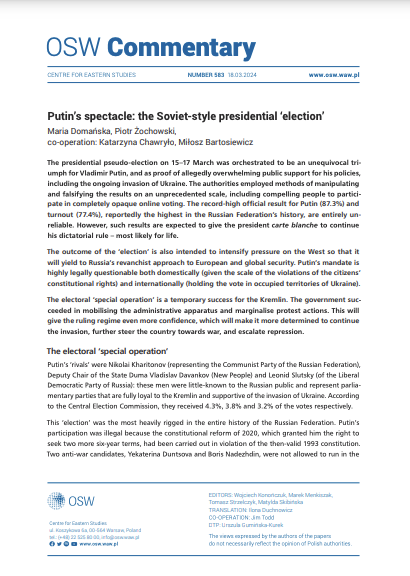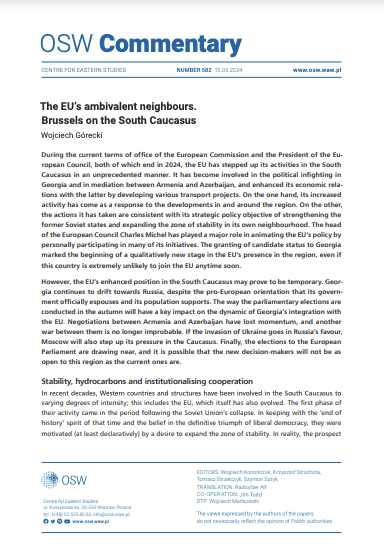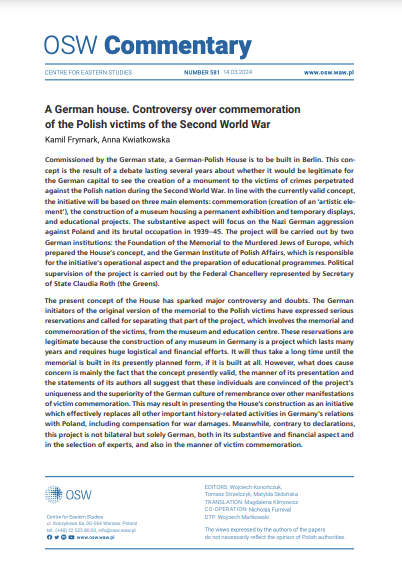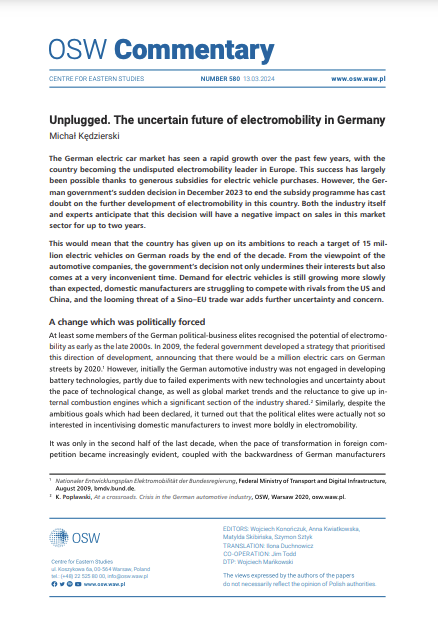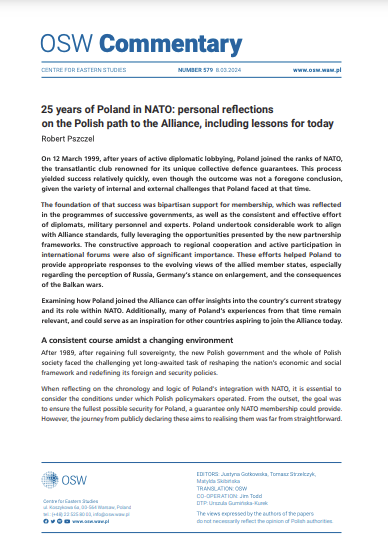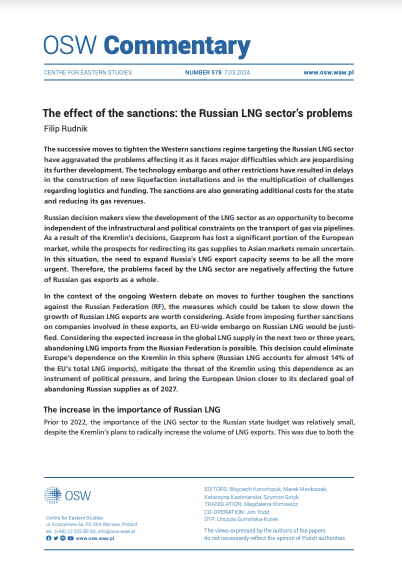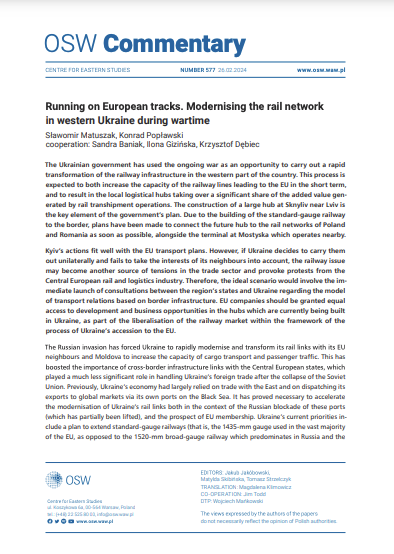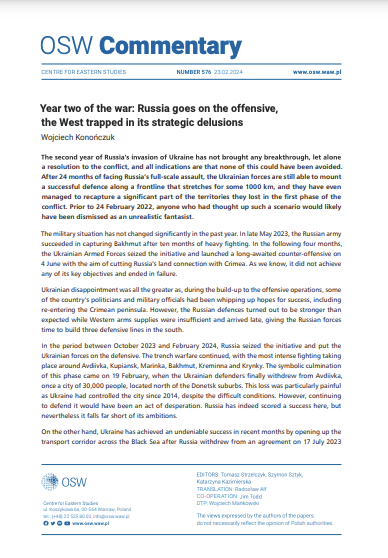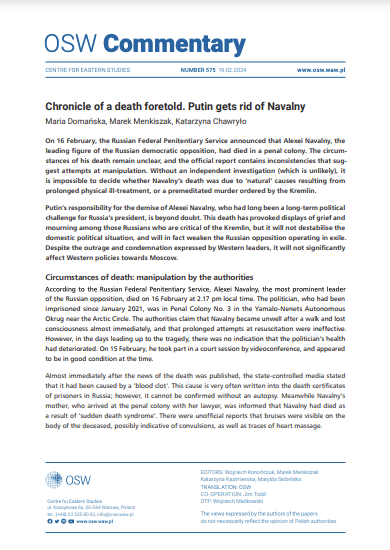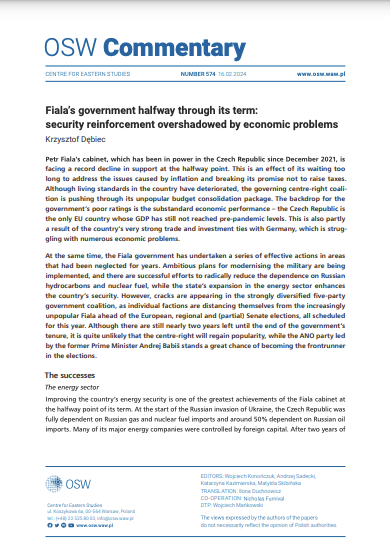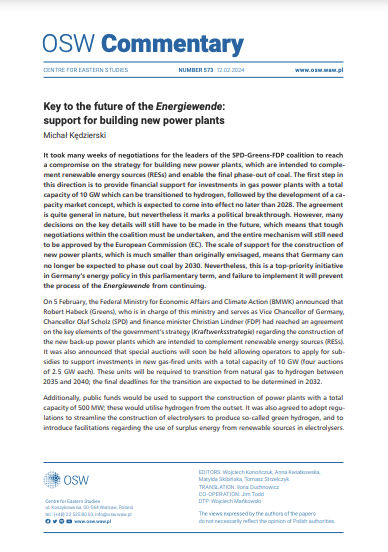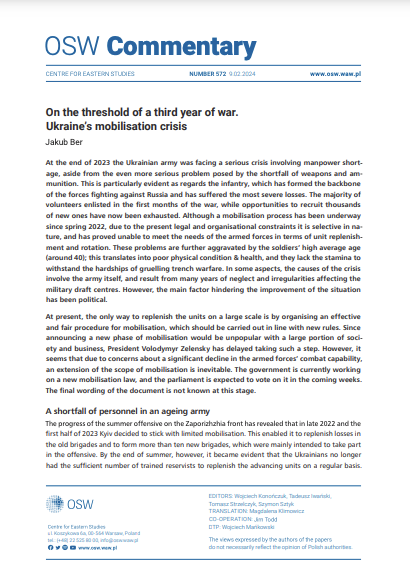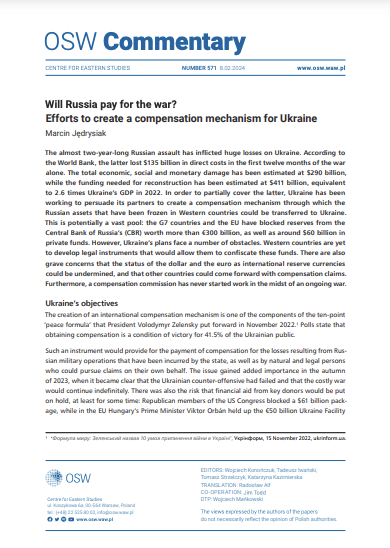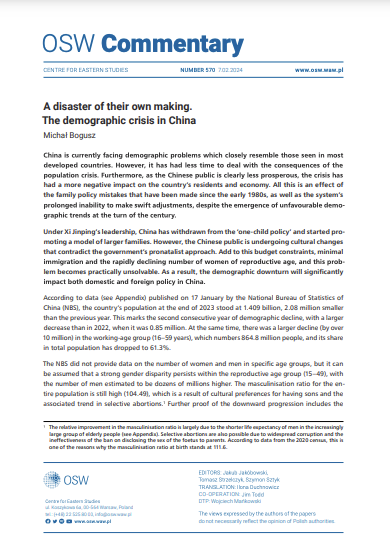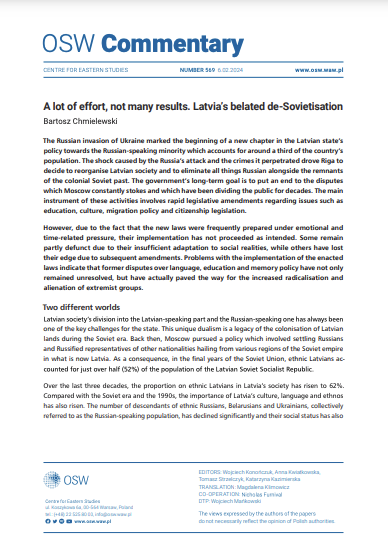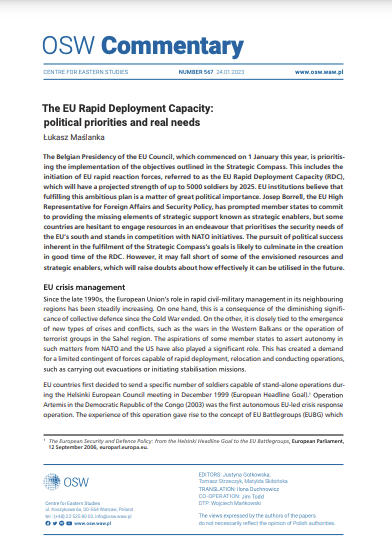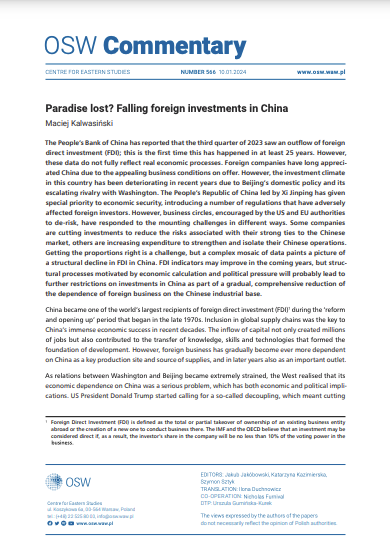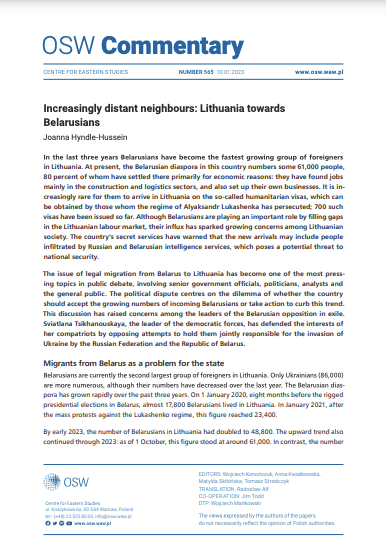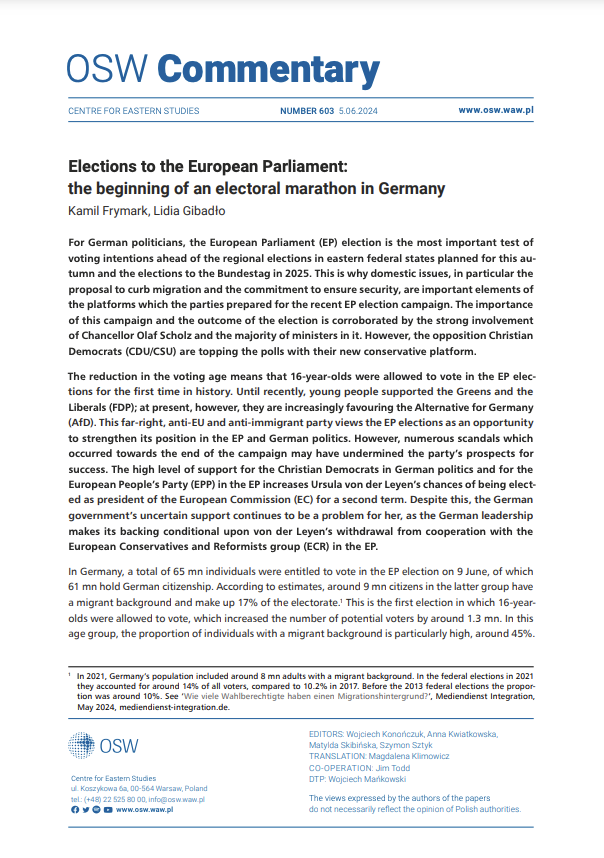
Elections to the European Parliament: the beginning of an electoral marathon in Germany
Elections to the European Parliament: the beginning of an electoral marathon in Germany
Keywords: Germany; European Parliament; SPD; CDU
For German politicians, the European Parliament (EP) election is the most important test of voting intentions ahead of the regional elections in eastern federal states planned for this autumn and the elections to the Bundestag in 2025. This is why domestic issues, in particular the proposal to curb migration and the commitment to ensure security, are important elements of the platforms which the parties prepared for the recent EP election campaign. The importance of this campaign and the outcome of the election is corroborated by the strong involvement of Chancellor Olaf Scholz and the majority of ministers in it. However, the opposition Christian Democrats (CDU/CSU) are topping the polls with their new conservative platform.
More...
